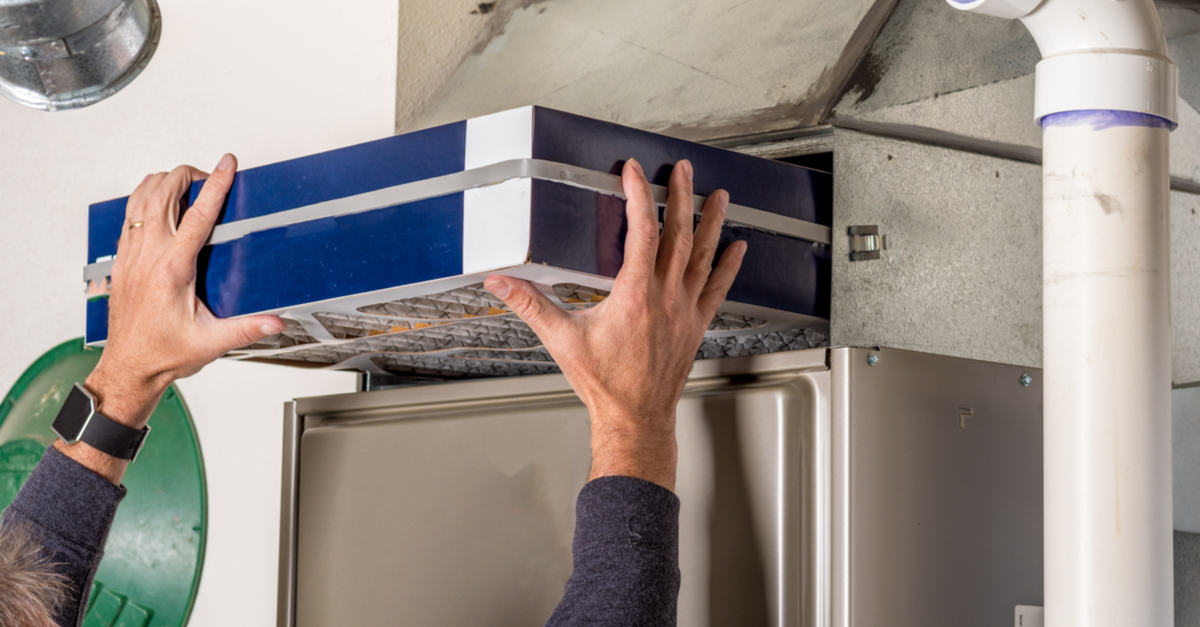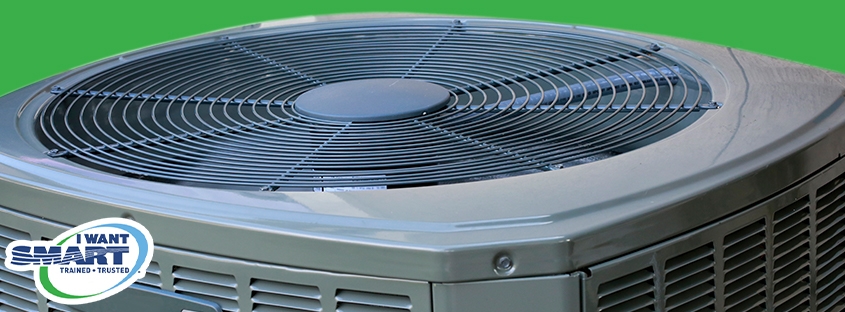Four Factors That Determine Your Air Filter’s Lifespan
/in HVAC, HVAC Spring Maintenance, Uncategorized /by Zack Dessent It might not be something that you think about every day, but an air filter is one of the most important parts of your HVAC system. It captures unwanted air particles such as pollutants, dirt, and dust, which could otherwise easily spread throughout your house. Over time, these bad particles will build up on the filter, which can lead to inefficient flow and costly repairs.
It might not be something that you think about every day, but an air filter is one of the most important parts of your HVAC system. It captures unwanted air particles such as pollutants, dirt, and dust, which could otherwise easily spread throughout your house. Over time, these bad particles will build up on the filter, which can lead to inefficient flow and costly repairs.
If you want a cleaner house and reduce the risk of unforeseen repair costs, you should start thinking about regular inspection and replacement of your filter. However, most people might not know when to replace their air filter, so we created this short guide to provide a general starting point.
Take note that multiple factors can determine either extend or shorten the lifespan of each filter.
Find a SMART HVAC professional near you!
#1: Periodical Changes
A general rule of thumb is to change it at the start of every new season. If you live in a part of the country that doesn’t have all four seasons you can check your filters and change them as needed every 4-6 weeks. This ensures that your air filter is working properly and doesn’t accumulate too much buildup.
#2: Filter Materials
Another thing to consider is the type of filter used in your home. The most common variant is a mechanical air filter, which uses fibers to catch air particles before they enter your ventilation system. Specifically, most people will use disposable mechanical fiberglass filters because of its low cost. However, the cheap filter only captures a small portion of unwanted particles, so it’s best to check it every few weeks to see if it needs a replacement. You can also consider using pleated or washable filters, which are more expensive but highly effective and includes a longer lifespan. Clean it once a month by spraying with water from a hose to further extend a filter’s longevity.
#3: Home Size
The size of your home also dictates your filter’s overall durability. HVAC units in smaller homes require less energy to disperse clean air in each room, which means your air filter will last longer. However, those with larger homes with more rooms and additional floors will need a better filter because of the higher amount of energy required to bring in clean air. Using a budget filter for a larger house will only add more unclean air throughout your home.
#4: Daily Habits
A final set of factors to consider are your habits at home. Those who smoke on a regular basis might find that just opening a window isn’t enough to remove the cigarette smell and its harmful effects. A portion of the toxic output can still find its way through your air filter, which can harm others living in your house and further decreases your filter’s lifespan. If you have pets, you might spend more money on replacements due to the high volume of fur that will accumulate on filters.


